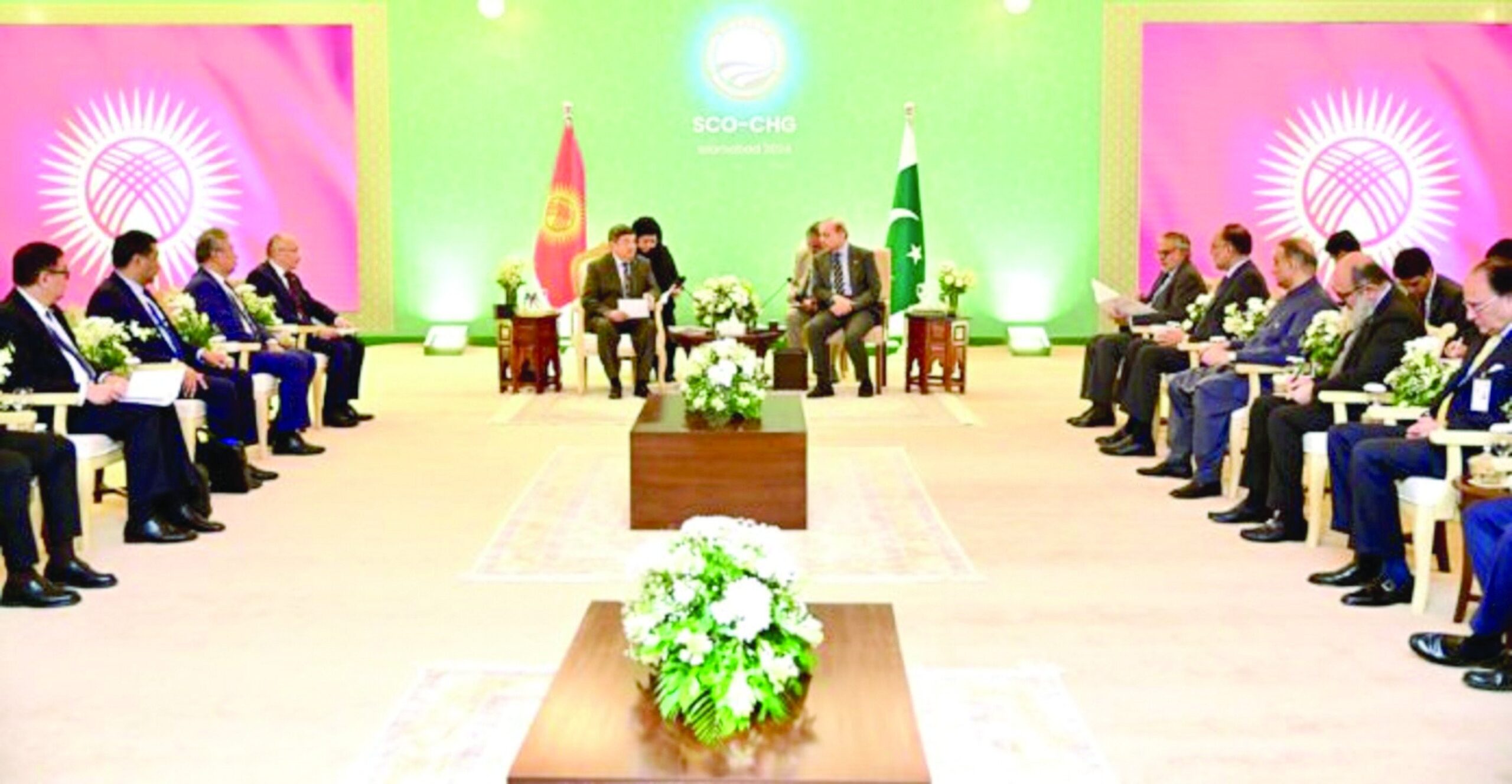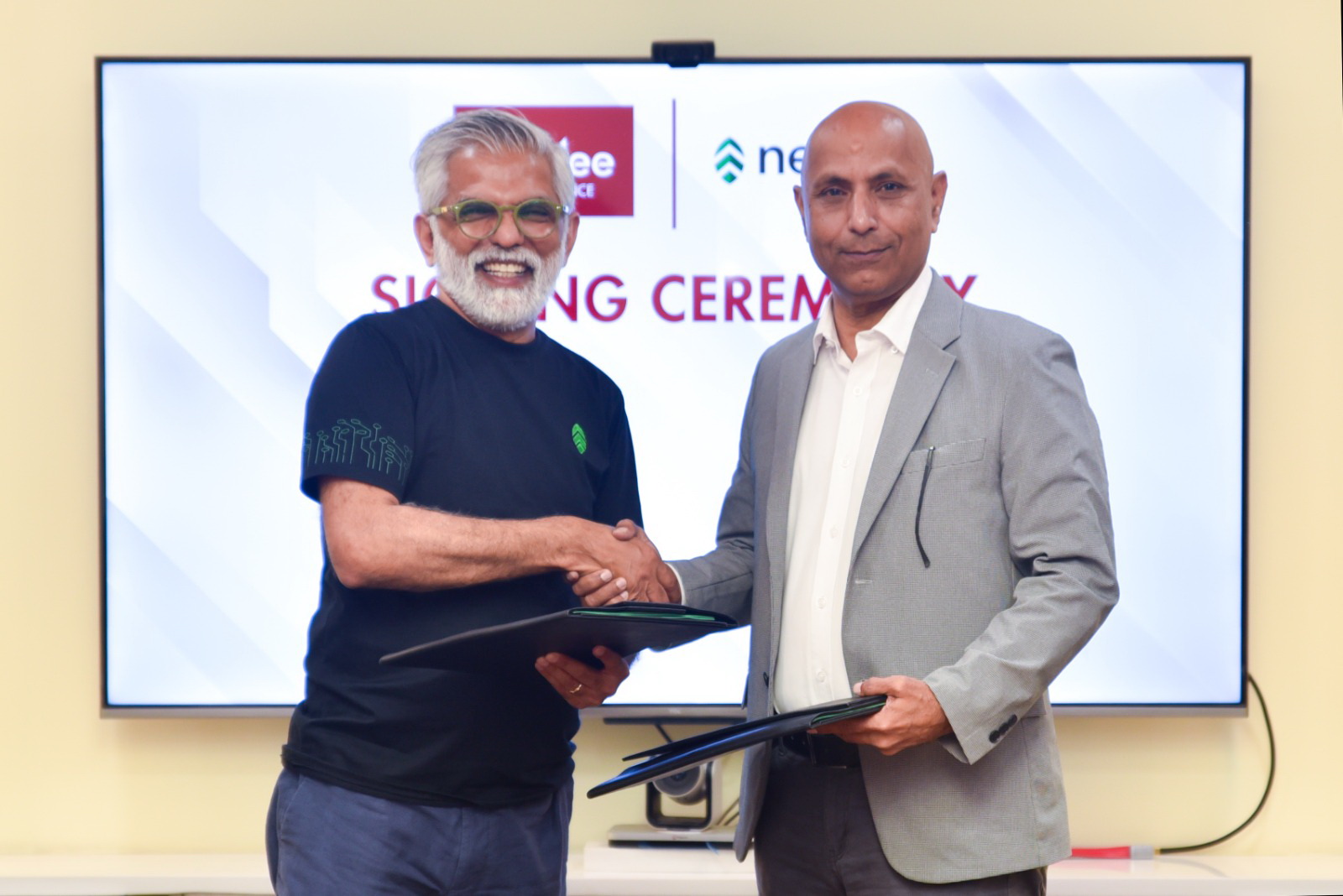SCO leaders for deeper cooperation
Call for enhancing security cooperation, economic integration among members
BEIJING:
At the recently concluded meeting in Islamabad, Pakistan, government leaders from Shanghai Cooperation Organisation (SCO) member states called for deeper cooperation in areas such as economy and trade, security, connectivity, energy, finance, and green development.
Participants in the 23rd Meeting of the Council of Heads of Government of Member States of the SCO agreed that, in the face of a complex and volatile international environment, all parties must actively implement the outcomes of the Astana Summit, working together in solidarity and coordination.
Since its inception in 2001, the SCO has been committed to fostering mutual trust, dialogue, and cooperation, playing an increasingly important role in enhancing security cooperation and economic integration among its members.
Enhancing security and stability
“From the very beginning, the SCO Charter was signed based on the fundamental principle of cooperation in countering threats that remain relevant todayterrorism, separatism, extremism, as well as drug trafficking, transnational crime, and illegal migration,” said Evgenia Makhmutova, an associate professor at the Department of Political Science of the Financial University under the Government of the Russian Federation.
The member states operate under a set of principles, including mutual respect for sovereignty and non-interference in internal affairs, Makhmutova told Xinhua.
Thanks to effective multilateral cooperation and coordination, the SCO has played a positive role in improving the region’s security situation for more than two decades.
Through its Regional Anti-Terrorist Structure, SCO member countries have enhanced intelligence sharing and operational coordination, making efforts to combat terrorism more effective.
Another key aspect of security cooperation is the exchange of experience and best practices in law enforcement, including training programs, staff exchanges, and technical assistance among member states.
Energy security also holds a prominent place on the SCO agenda. In recent years, efforts have focused on creating a unified energy market and developing joint energy projects.
With evolving geopolitical factors and technological advancements, the SCO is adapting to new challenges, such as protectionism, cybersecurity, and climate change, making the organization more flexible and capable of addressing modern-day threats.
Toward economic integration
Over the years, the SCO has made significant progress in promoting trade and facilitating economic integration among its member states.



